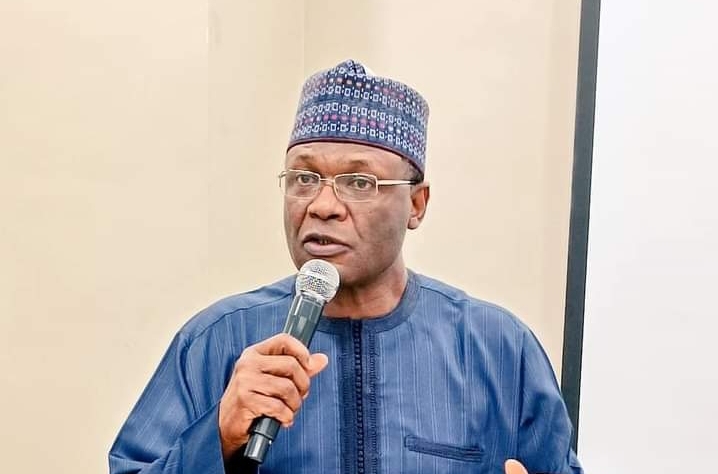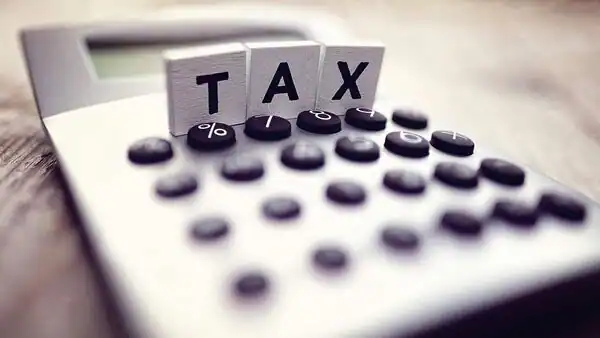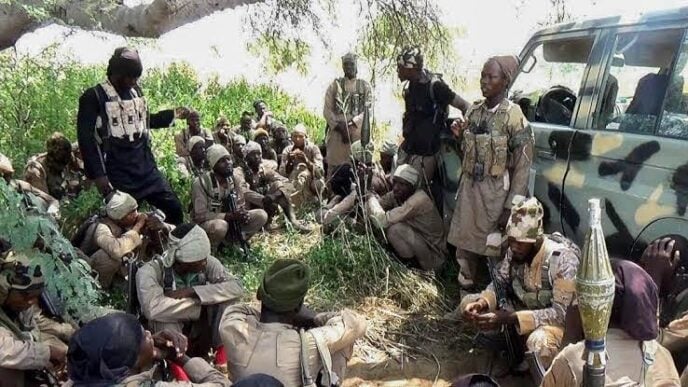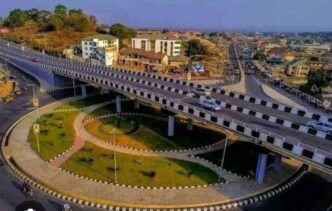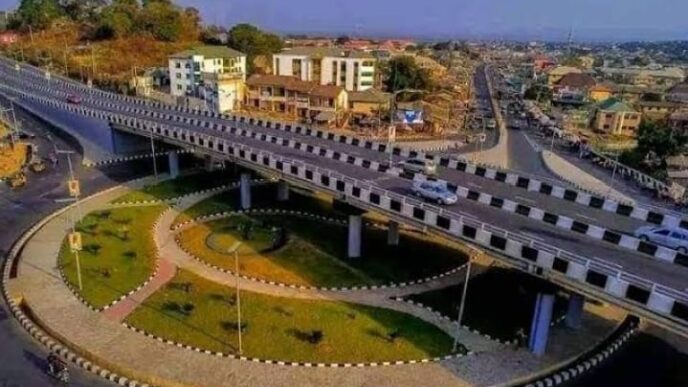Mahmood Yakubu, INEC chairman
BY EZENWA NWAGWU
The dust from the Ondo state governorship election was yet to settle when former President Olusegun Obasanjo fired a salvo, calling for the sack of the Independent National Electoral Commission (INEC) chairman, Mahmood Yakubu, and other officials at all levels.
The former president made the call during his address at the prestigious Chinua Achebe Leadership Forum held at Yale University in the United States, where he presented a paper titled “Leadership failure and state capture in Nigeria.”
As expected, the statement by the former president has stirred backlash. However, it is my opinion that Obasanjo’s statement provides a critical opportunity to contextualise Nigeria’s electoral journey, the progress made, and the challenges that persist despite attempts to reform our processes.
Advertisement
While many will see this as an opportunity to reprimand the former president and remind him of his democratic credentials; for me, this is an opportunity for a balanced review of Nigeria’s elections.
We must not miss this opportunity to remind and educate the younger generation, who had the privilege of participating in Nigeria’s elections for the first time in 2023. We must use this opportunity to remind young Nigerians where we are coming from and the progress that we have made in our elections and democracy.
For the younger generation, it is essential to understand the context of Nigeria’s electoral history, why and how we arrived at reforms like BVAS and IReV which represent a departure from the irregularities of the past.
Advertisement
This is an opportunity to remind Nigerians that in 2022, under this current leadership, INEC opened itself to scrutiny by publishing the voters register online for the first time. Many Nigerians may have forgotten what our voters’ register looked like or how it was inundated with various forms of irregularities ranging from registration of minors, multiple registrations and registration of foreigners or aliens.
In fact, Nigeria’s voter register used to contain fictitious names to concoct victory for political parties. This was how some states “manufactured” two million votes in past elections. A feat they couldn’t achieve in 2023 due to reforms by INEC
While INEC under its current leadership has come under criticism due to the functionality of the IReV portal, it is important to respectfully note that the IReV portal is an INEC initiative to improve access to election results. It may not have worked perfectly during the 2023 elections, but there is no doubt that we have made progress.
That Nigerians have a result viewing portal or that Nigerians can do simultaneous accreditation and voting is a significant lift from what we had in the past. In the past, elections lasted into midnight because people had to do accreditation, go home and come back later to vote.
Advertisement
That Nigerians do not hear of people being killed on election day or ballot boxes being snatched and stuffed with ballot papers is significant progress
While these reforms are not perfect, they have shifted Nigeria’s elections towards greater credibility.
Since Obasanjo’s comment coincided with the Ondo governorship election, let me provide some context into how this election is far better from what we had in the past.
The Ondo state election that was held on Saturday had 111 domestic and international accredited observer organisations. Reports from the groups acknowledged challenges like vote buying and electoral violence, while commending the early opening of polls and the rapid uploading of results to the INEC Results Viewing Portal (IReV). As at 7 PM on Election Day, 90 percent of the results were available online—a feat that demonstrates the impact of technological reforms implemented by INEC.
Advertisement
To understand the strides made in Nigeria’s electoral process, and why this context of Ondo election is important, it is essential to reflect on where we started in Nigeria’s return to democratic rule in 1999.
A check on Wikipedia shows that during the 2003 Edo state gubernatorial election, PDP’s Lucky Igbinedion reportedly garnered 969,747 votes, while his opponents scored zero. Such blatant irregularities were characteristic of elections conducted under Obasanjo’s administration.
Advertisement
It was the same Obasanjo who flew down to Edo in a government chopper to coerce the then INEC leadership to declare Prof Oserheimen Osunbor the winner of the 2007 governorship election, won by Adams Oshiomhole.
These were dark chapters in Nigeria’s electoral history, marked by a lack of transparency, manipulation, and disregard for democratic principles. It was so bad that during the 2007 general election in Rivers state, election results were being declared while voting was still in progress.
Advertisement
In fact, the winner of that election, President Musa Yar’Adua was so embarrassed by the outcome that he vowed to review the election. That review gave birth to the Justice Uwais committee. Interestingly, the INEC leadership has implemented all the recommendations that require administrative action by it, including biometric registration of voters.
As someone who is invested in the electoral process, I am concerned that former President Obasanjo’s critique of INEC could be considered part of a broader resistance to reforms that reduce the control of elites over electoral outcomes. The democratisation of Nigeria’s elections has transferred power from political kingmakers to the people. This shift has alarmed those accustomed to manipulating the system.
Advertisement
We may argue that our elections are now characterised by vote buying, an unfortunate problem that underscores the need for civic education and advocacy.
Vote buying at polling units on election day has a foundation in the primaries conducted by parties. People who have no qualms about buying the votes in their primaries will have no compunction repeating the same during the main election. After all, parties conduct primary elections while INEC conducts secondary elections.
Issues of electoral violence and voting buying are issues that politicians and security agencies must address.
Because former President Olusegun Obasanjo is an eldstatesman, I would like to conclude my conversation with a simple analogy of a father and child relationship.
Imagine your child was performing poorly in school, failing nearly all the subjects. As a parent, you responded by scolding and punishing. Over time, the child began to improve, excelling in some subjects while still struggling in a few. Interestingly, the child has shown commitment to further improve in those areas where he or she is still struggling.
I imagine that the sensible thing to do at this point would be to acknowledge and praise the areas of improvement, while perhaps hiring a tutor to help with the remaining challenges.
However, continuing to berate the child and label them as dull, despite their visible efforts, would be unfair. Yes, you want your child to excel, but it’s important to balance criticism with encouragement—commending their progress while addressing areas that still need work.
INEC, under successive leaderships, has made deliberate efforts to address the flaws of the past. The introduction of the bimodal voter accreditation system (BVAS) and IReV has brought significant improvements. These technologies ensure transparent voter accreditation, faster result uploads, and greater public access to election results in real-time.
As Nigerians, we must acknowledge that our elections are not yet perfect, but they have improved significantly.
The road to credible elections is a marathon, not a sprint. It requires collaboration between INEC, political actors, civil society, and citizens. Let us celebrate the progress made while remaining committed to addressing the challenges that persist. Nigerians remember, and history will judge us all by how we uphold the principles of democracy.
I will end by quoting former President Obasanjo in his address at the Leon Sullivan dialogue on Nigeria at the National Press Club, Washington DC, on April 29, 2010.
The former president said: “With all due respect, if Jesus Christ could come to the world and be the chairman of INEC, any election he would conduct will be disputed.
“Since I got here three days ago, I understand that the chairman of INEC has been asked to go on leave. People have also talked about electoral reform.
“Quite honestly, I have said that I don’t understand in detail what this electoral reform is. One thing that we need to reform in our own society is the politicians. We need to reform politicians.”
Nwagwu is the executive director of Peering Advocacy and Advancement Center in Africa (PAACA)
Views expressed by contributors are strictly personal and not of TheCable.
Add a comment
